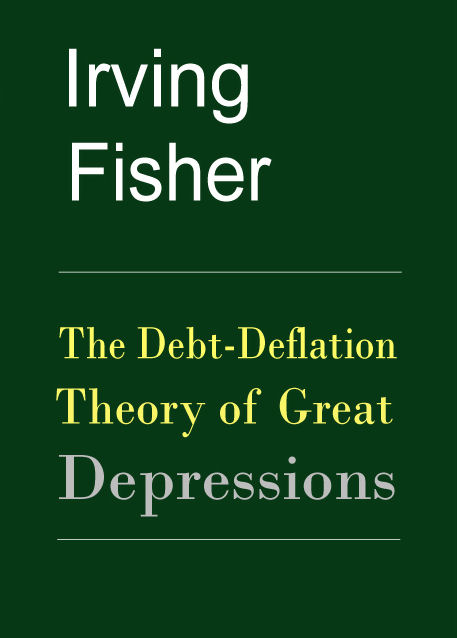
The Return of the Bear by Steve Keen (August 9, 2011)
Read the original. This is a brief summary only without any original analytical content of my own. Steve Keen is an Australian Post Keynesian economist who runs a popular blog about debt deflation.
We are headed for a Double Dip recession or more correctly a Second Great Contraction (Ken Rogoff’s term)
According to Hyman Minsky there are two price levels in capitalism:
- consumer prices, which are determined by a markup on the cost of production
- asset prices, which are determined by expectations and leverage
Ultimately, over the long term, these different price levels have to converge. The debt which finances asset purchases must be serviced by the sale of goods and services. But in the short term rising leverage can insert a wedge between these different price levels. In a modern economy the short term can last a long time!
A graph showing the variation in the ratio between asset prices and consumer prices reveals:
1890-1950: 113
1966: 438
1982: 157
1994: 471
mid 2000s: 1256
now: 709 (after the very recent falls)
According to Minsky the 1966 level marked the beginning of increased turbulence or instability of the capitalist system.
In the current economic environment with debt levels so high deleveraging dominates.
USA figures:
1945 debt:GDP = 43%
2009 debt:GDP = 300%
Now debt:GDP = 260%
GD debt:GDP = 172%
(GD = Great Depression)
Alan Greenspan was the greatest cheerleader for asset price inflation. He helped create the greatest debt bubble in history! In the Greenspan era the government and central banks saw rising asset prices as a good thing.
After 2007 asset prices began their long overdue crash back to earth. This was temporarily interrupted with the stimulus and swings in the rate of debt acceleration.
The above figures, asset:consumer price ratios and debt:GDP ratio shows that there is still a long way to fall before capitalism returns to “normal”

Steve Keen thinks that Krugman doesn’t understand basic modelling.
I can’t prove Keen wrong but I strongly suspect that Krugman does have a handle on this stuff and I know that is what Krugman thinks.
http://www.businessspectator.com.au/article/2013/3/13/economy/how-krugman-lost-equilibrium
I thank Bill Kerr for pointing this article out to me
http://www.theaustralian.com.au/business/business-spectator/i-was-wrong-on-australian-house-prices/news-story/760adb3e3cb7fc69e01224fb1cdb319d
He’s up to his old tricks again. I guess that if you predict recession every year since 2008 that eventually you will be correct.
http://www.msn.com/en-au/news/australia/australia-headed-for-recession-next-year-professor-steve-keen-says/ar-BBv1ntp?li=AAgfYrC&ocid=SK2MDHP